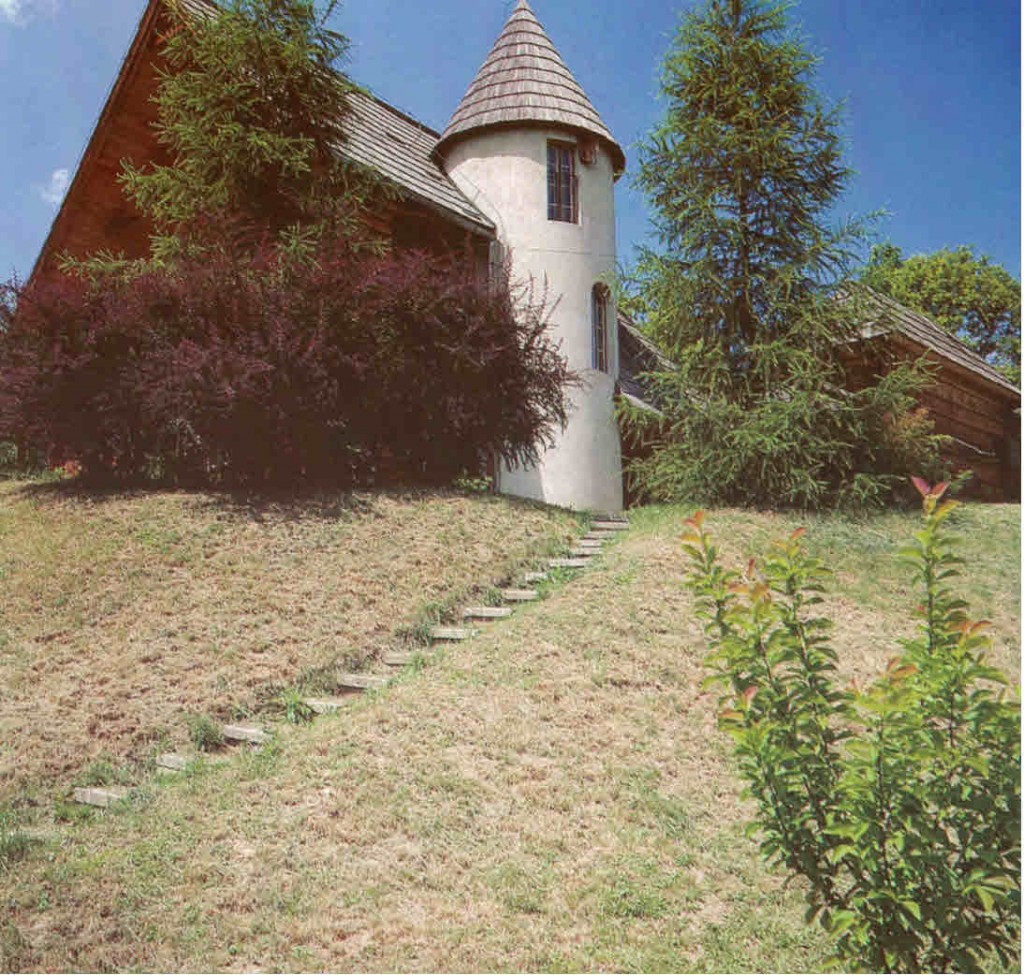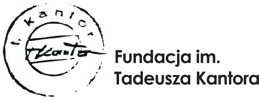UNESCO has decreed that 2015 is the Year of Tadeusz Kantor. Tadeusz Kantor (b. 1915 Wielopole Skrzyńskie – d. 1990 Kraków) was an avant-garde artist, painter, draughtsman, art theoretician, stage designer and director, performance organiser, prominent 20th-century theatre reformer – put simply, one of the most renowned artists on the Polish art scene.
For the 100th anniversary of Kantor’s birth, Culture.pl, in co-operation with the Tadeusz Kantor Foundation and the Centre for the Documentation of the Art of Tadeusz Kantor (CRICOTEKA), is inviting artists to take part in an artistic research-based project using archival material and Kantor’s body of work.
The objective of the residence is to create an artistic work based on a dialogue between Tadeusz Kantor’s art and contemporary artistic sensibilities. Selected project participants will get a unique chance to encounter a Polish artist through access to previously unpublished archives. They will be able to peer into these unknown areas of Kantor’s art and receive inspiration on how to take up the topic in a contemporary manner.
The residence will take place in two stages:
– Research and preparatory period (October 2015)
– Work on the artistic project and presentation (First half of 2016)
Duration: 2-3 weeks
Place: Tadeusz Kantor and Maria Stangret Kantor House in Hucisko, and the Centre for the Documentation of the Art of Tadeusz Kantor CRICOTEKA in Kraków
The project is best suited to artists, critics and curators outside Poland that specialise in any of the following fields:
Performance Art
Architecture
Film
Visual arts
New Media
During the first stage (October 2015), residence organisers will provide:
substantive guidance
access to archival materials related to Tadeusz Kantor and his works
travel expenses
transport between Hucisko and Kraków
accommodation
an allowance for your stay
Conditions and details of the second stage will be dependent on the project that participants decide upon during the first stage of their residence.
Artists will be selected in an open call process by a council of experts.
Applications should be in English and include the following:
Artistic CV (PDF, max. one page)
Cover letter/project proposal (PDF, max. 2,000 characters with spaces)
A link to a folder with documentation of artistic achievements
Complete applications should be sent to hucisko.residency@iam.pl by 23:59 on 6th September 2015 [UTC +1]. Replies to qualifying applicants will be sent by email no later than 16th September 2015.
The goal of Culture.pl, the Adam Mickiewicz Institute’s flagship brand, is to promote Poland and Polish culture abroad. Culture.pl presents high-quality initiatives and events in the fields of art, music, design, and more. The Culture.pl website provides daily fresh information on the most exciting Polish cultural events worldwide, and is also the biggest and most comprehensive source of knowledge about Polish culture.
Tadeusz Kantor Foundation was established in 1994 thanks to the initiative of Maria Stangret-Kantor and other people closely related to the life and work of Tadeusz Kantor. Its main goal is bringing to life Kantor’s idea of creation through programming at the Tadeusz Kantor and Maria Stangret Heritage House in Hucisko. The foundation takes care of both Tadeusz Kantor’s and Maria Stangret’s private archives. Its other aims include: the collection and storage of works by Tadeusz Kantor and Maria Stangret; the popularisation and dissemination of the collection and the artists’ oeuvre; and supporting talented artists and researchers. The foundation takes care of the Tadeusz Kantor and Maria Stangret Heritage House in Hucisko where a new open initiative is due to be established.
CRICOTEKA, the Centre for the Documentation of the Art of Tadeusz Kantor, was founded by the artist as early as 1980. The basis for their activities is their unique collection of Kantor’s works, which includes several hundreds of objects and costumes from the Cricot 2 Theatre, Kantor’s theoretical papers, drawings and design works, video records, photographic documentation, as well as thousands of reviews, journals and books. The concept behind the centre’s programme is inspired by the entirety of Kantor’s work as well as their collection of archive materials and theatrical objects, all viewed from the perspective of contemporary art discourse and methodology.

